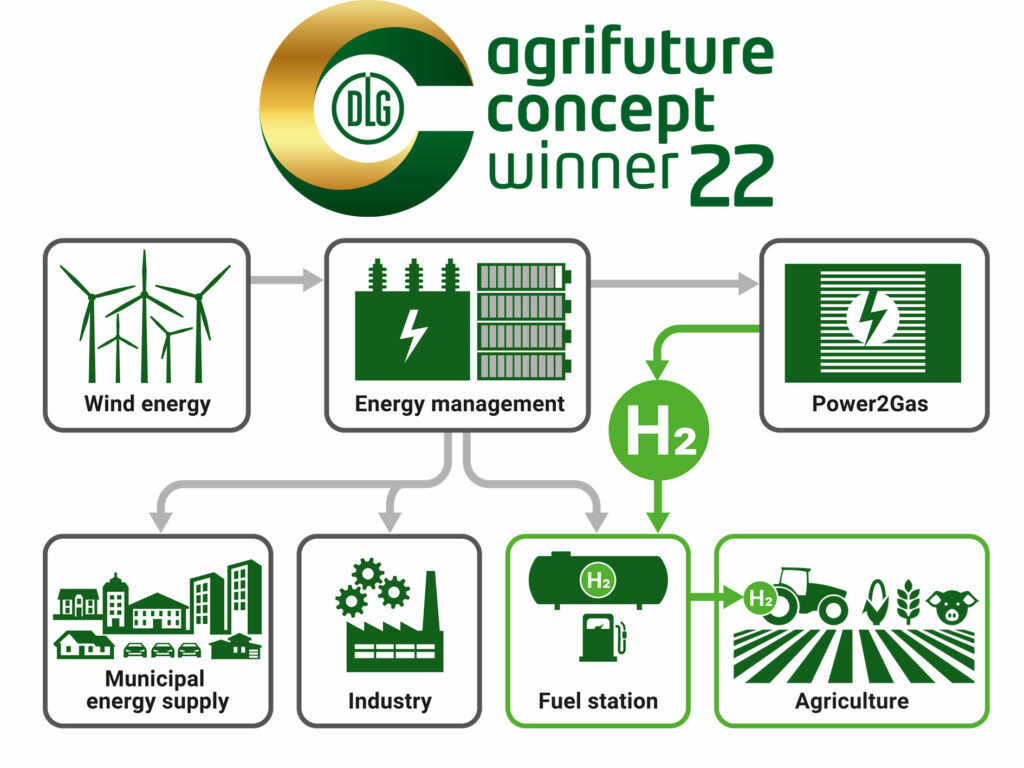Hydrogen is often mooted as an alternative fuel, yet its critics are quick to point out the major disadvantage to use, and that is that much of it comes from the cracking of fossil fuels.
This problem is being addressed in Germany where the state of Bavaria is developing a green hydrogen strategy in partnership with the Hydrogen Alliance, a group of companies that are seeking ways of utilising the gas as fuel.
Ambitious plans
The grouping is known as the H2 Centre, and together the companies involved are developing a strategy that recognises the fact that whatever fuel, or fuels, emerge as a replacement for fossil fuels, there will need to be an infrastructure to produce and distribute it.

The plan is still being worked upon, but the original strategy called for 100 hydrogen filling stations to be open by this year. Whether that target has been met is not known ,but other elements of the plan do seem equally ambitious, if somewhat vague.
There is much talk of striving for, and accelerating, processes and applications, but a review of the H2 Centre’s press releases indicates that practical progress lags somewhat behind the need for trips and meetings around the world.
Fuel cells to the fore
However, there have been some practical advances on the agricultural and forestry front, with the establishment of the H2Agrar agricultural model project in Lower Saxony. This has been set up to look at the potential for a hydrogen infrastructure for agricultural use.
As part of the project, Fendt is developing two hydrogen-powered prototype tractors driven by fuel cells rather than hydrogen combustion.

Fuel cells are a good deal more efficient but they require platinum in their catalysts which makes them a more expensive prospect than converting an engine to hydrogen combustion.
These tractors will be used under real conditions on two agricultural test farms in the Haren region over the entire project period.
Within the project, the hydrogen consumption of the tractors will be determined while at the same time, the technical requirements for a suitable hydrogen infrastructure for agriculture will be defined.
